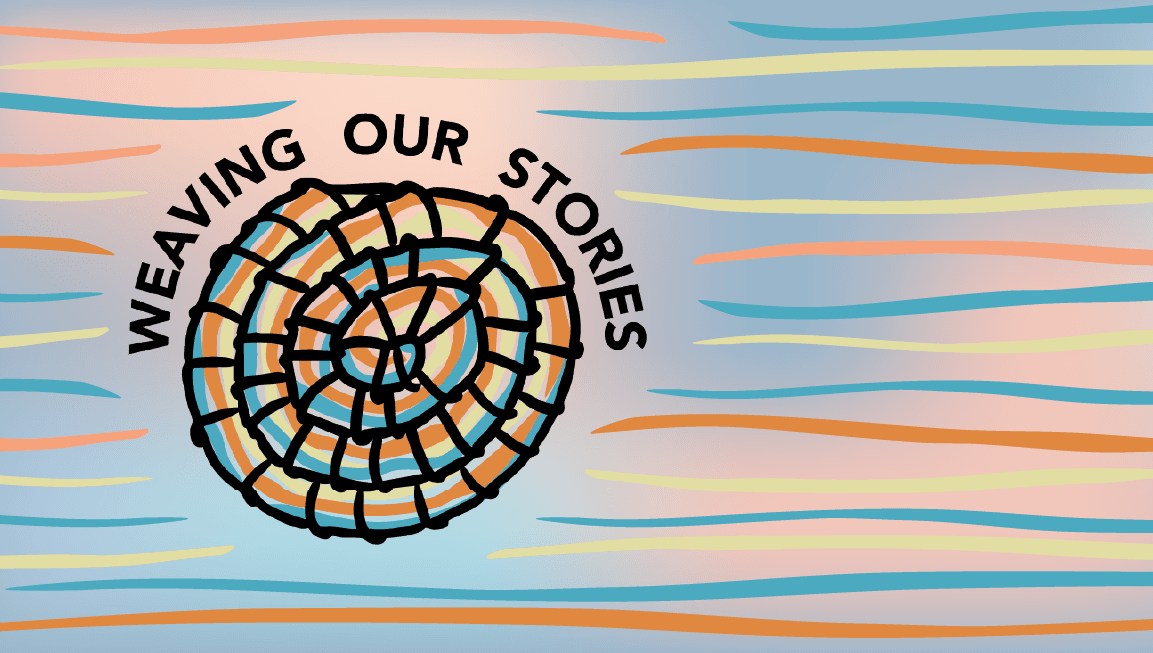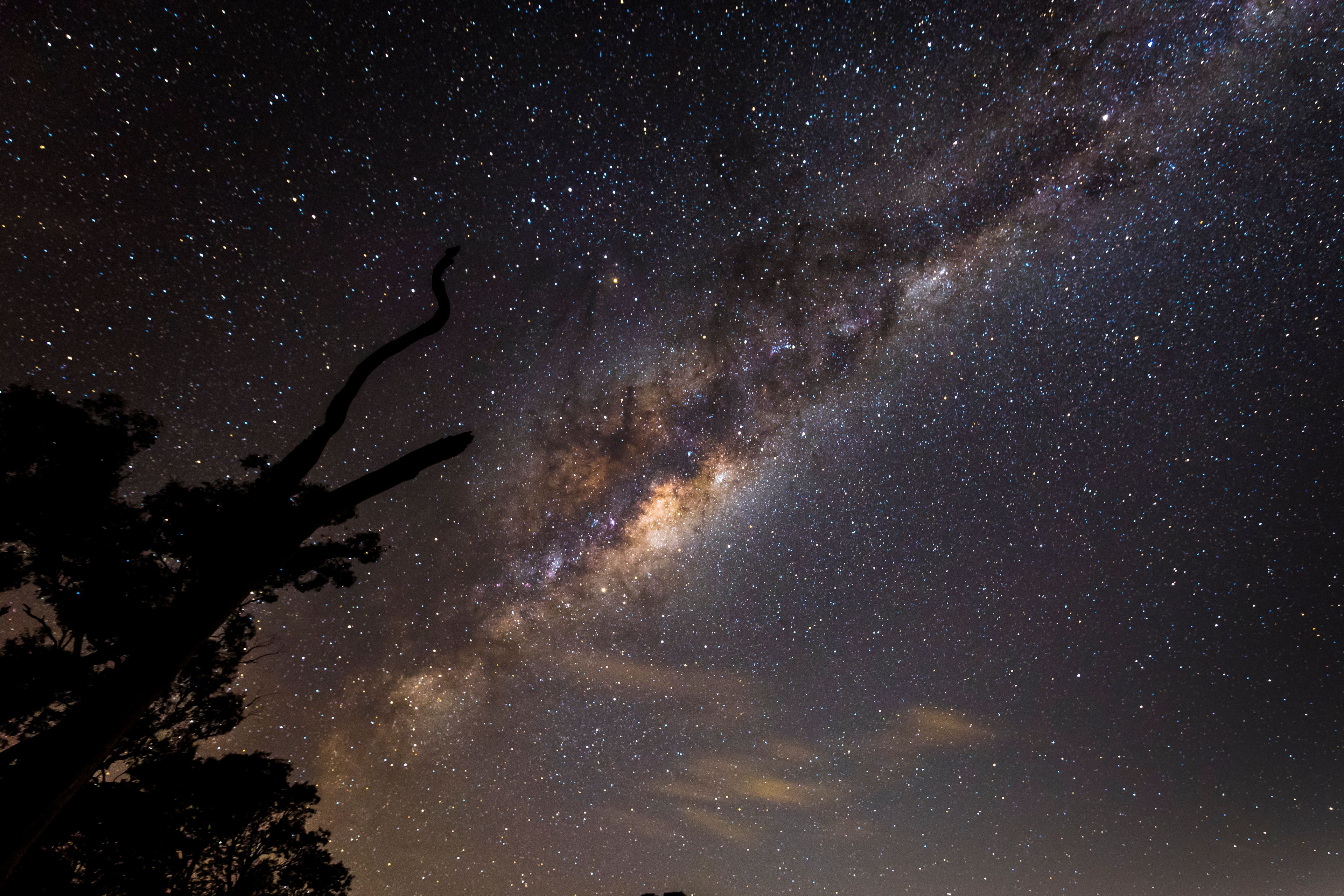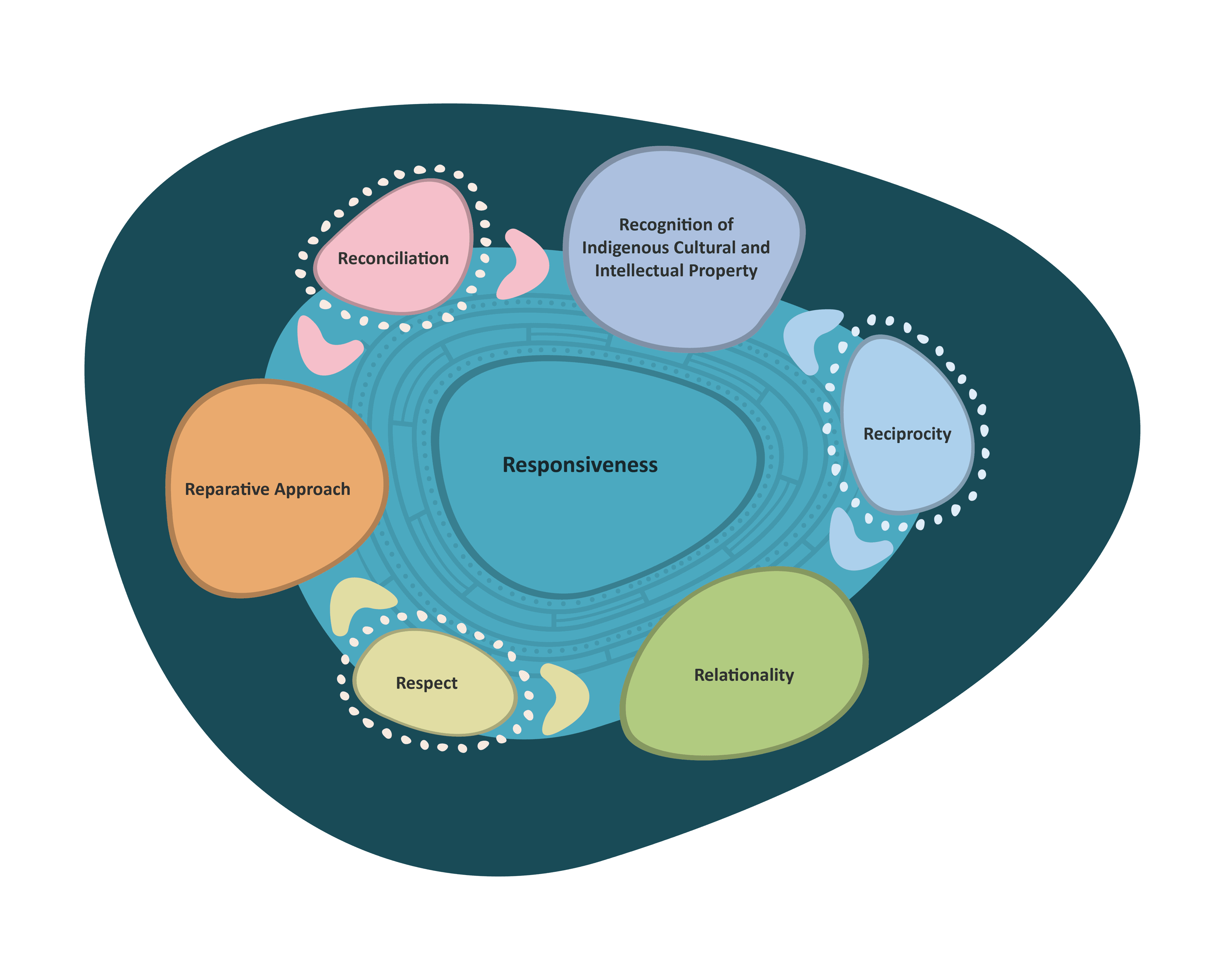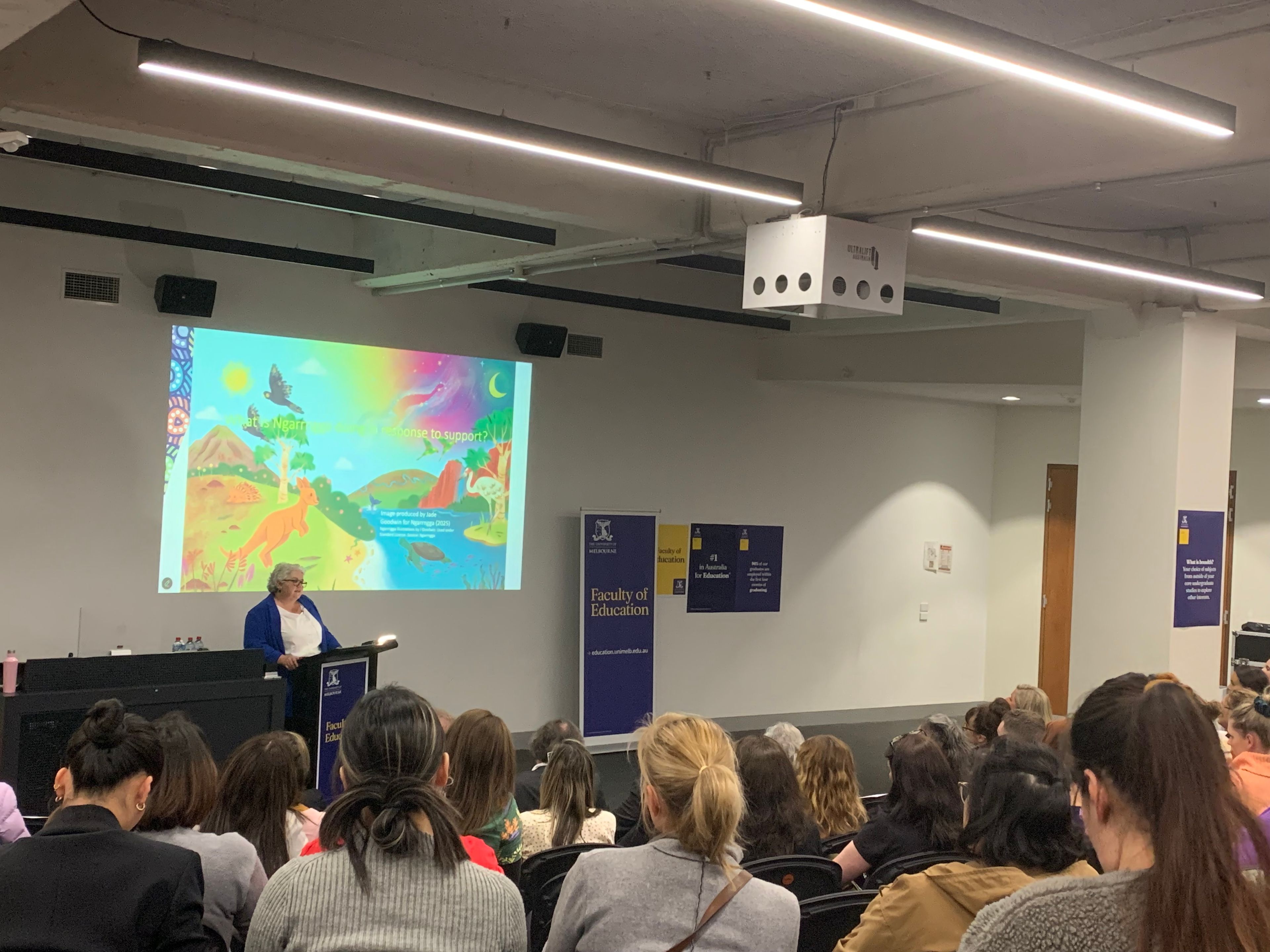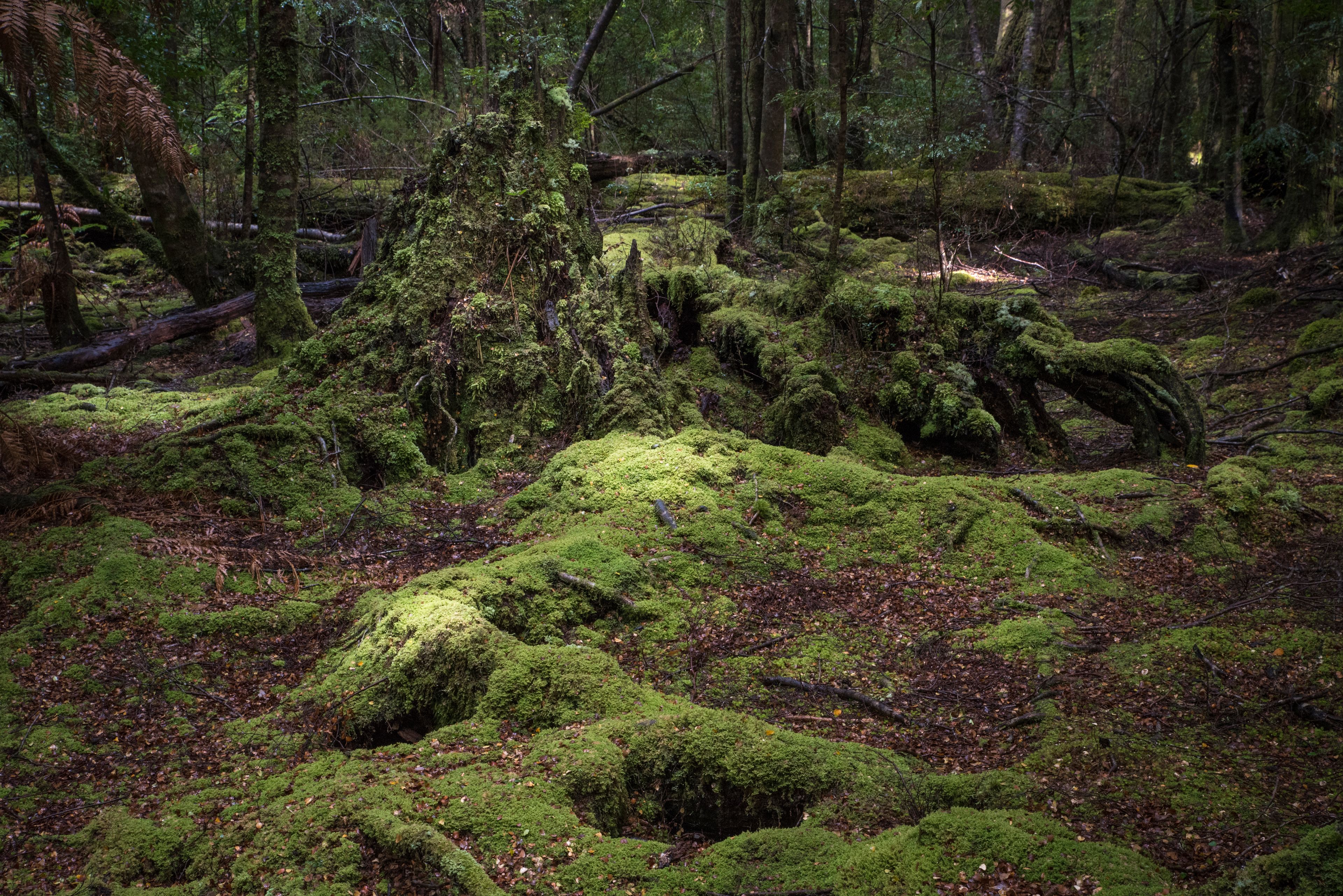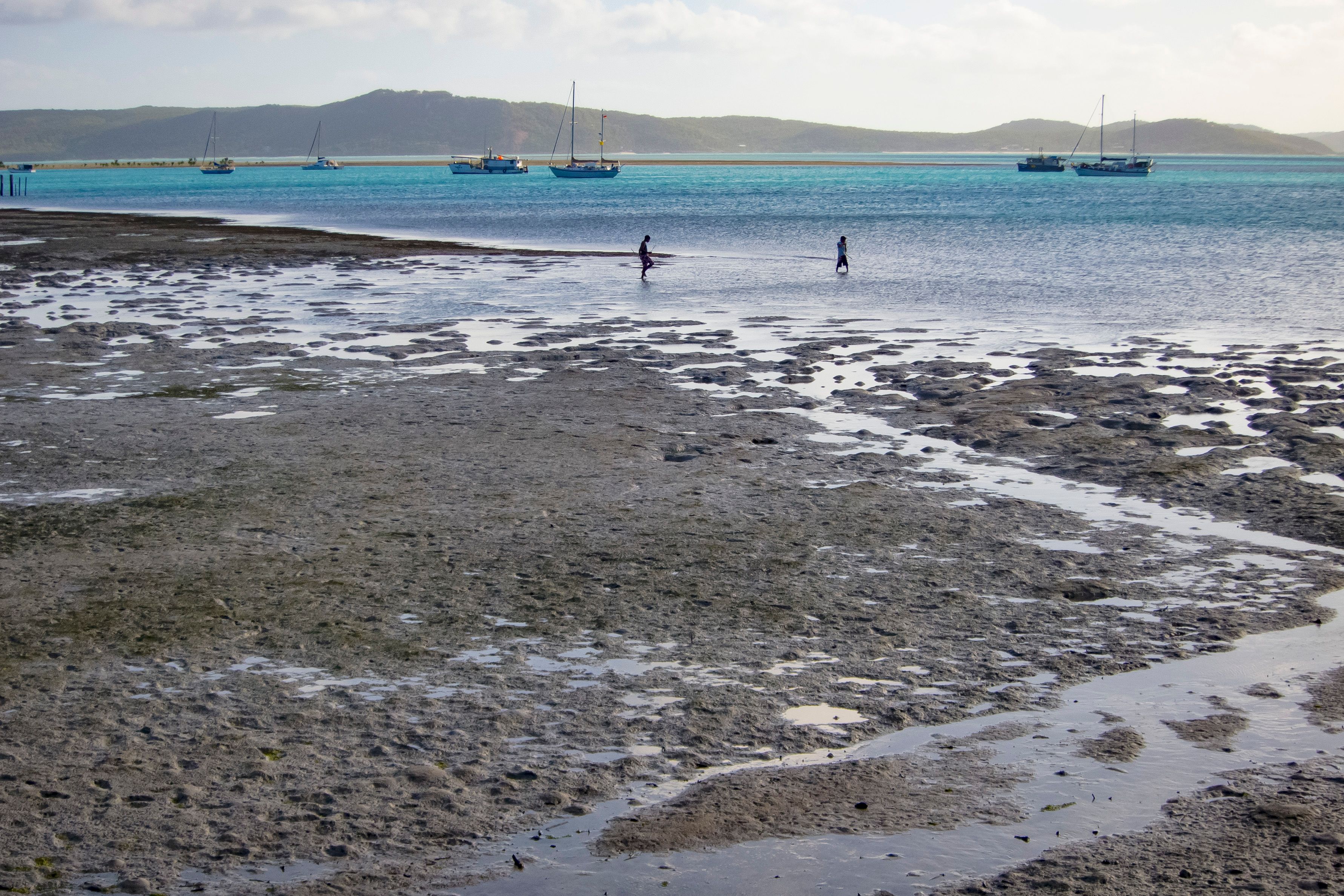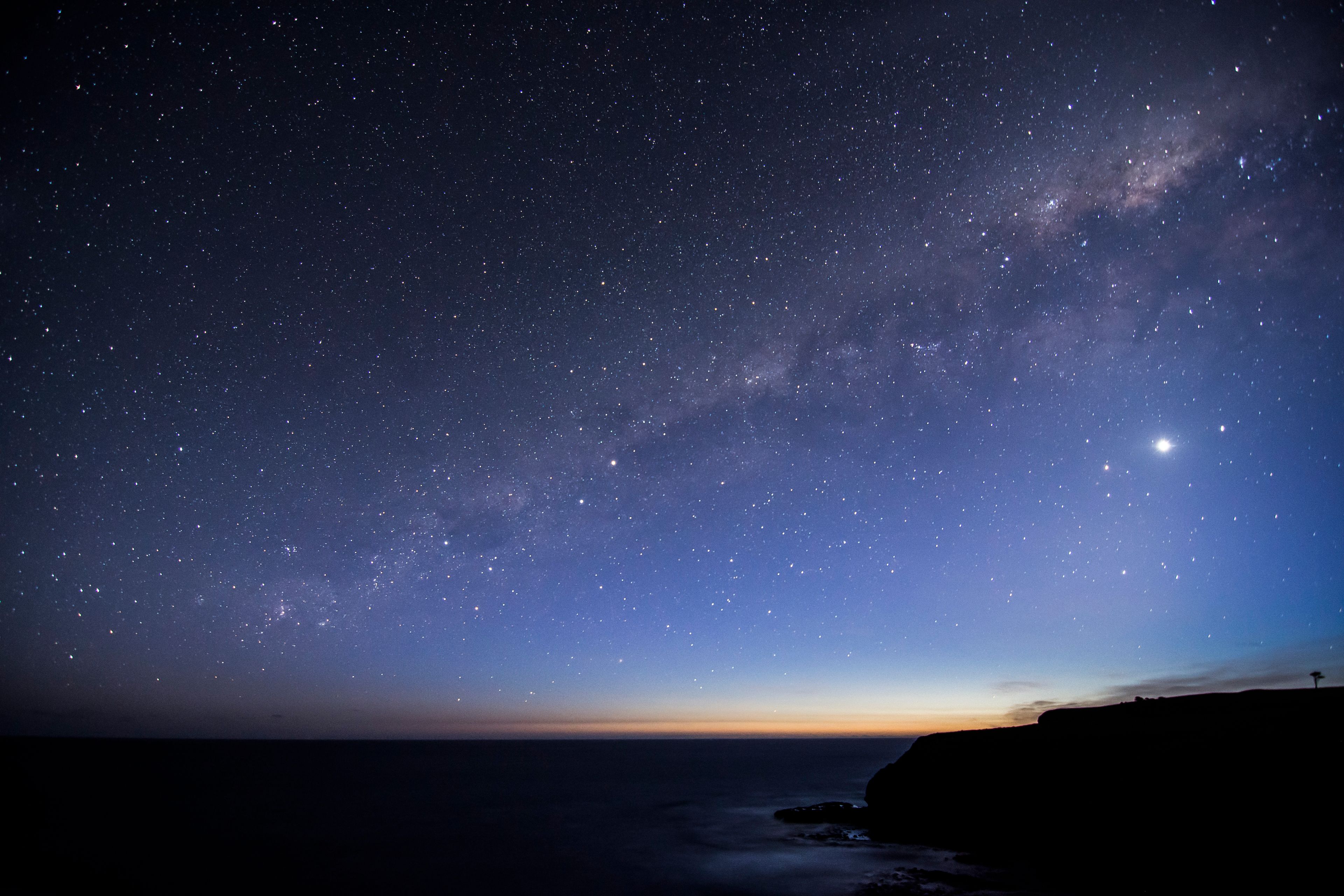Home/Stories and news/Aboriginal and Torres Strait Islander Arts, Advocacy and Activism as a Context for Teaching & Learning
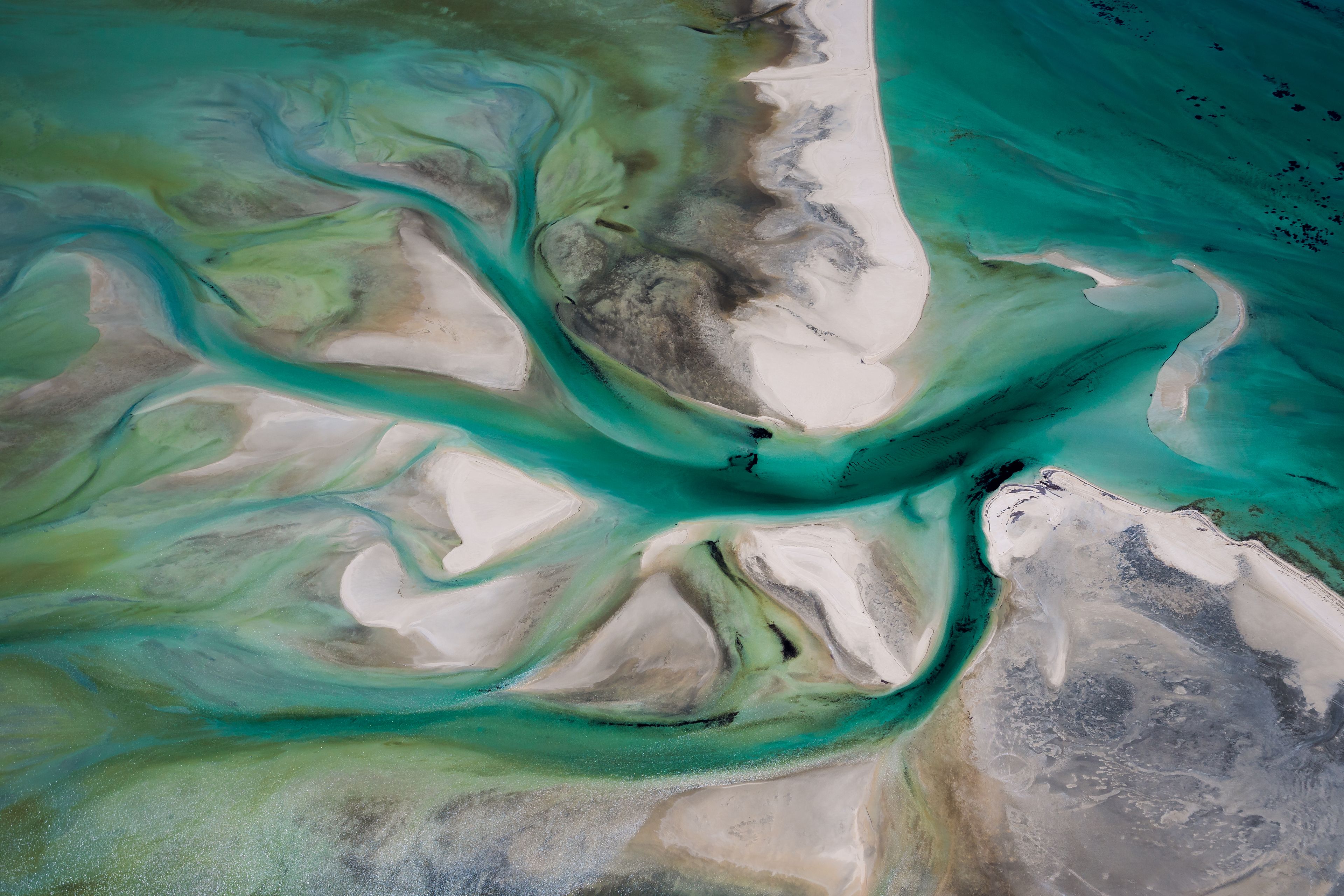
Aboriginal and Torres Strait Islander Arts, Advocacy and Activism as a Context for Teaching & Learning
Flying over Shark Bay. Malgana country. Photographer: Macio Presente. Source: Getty Images. Used under licence.
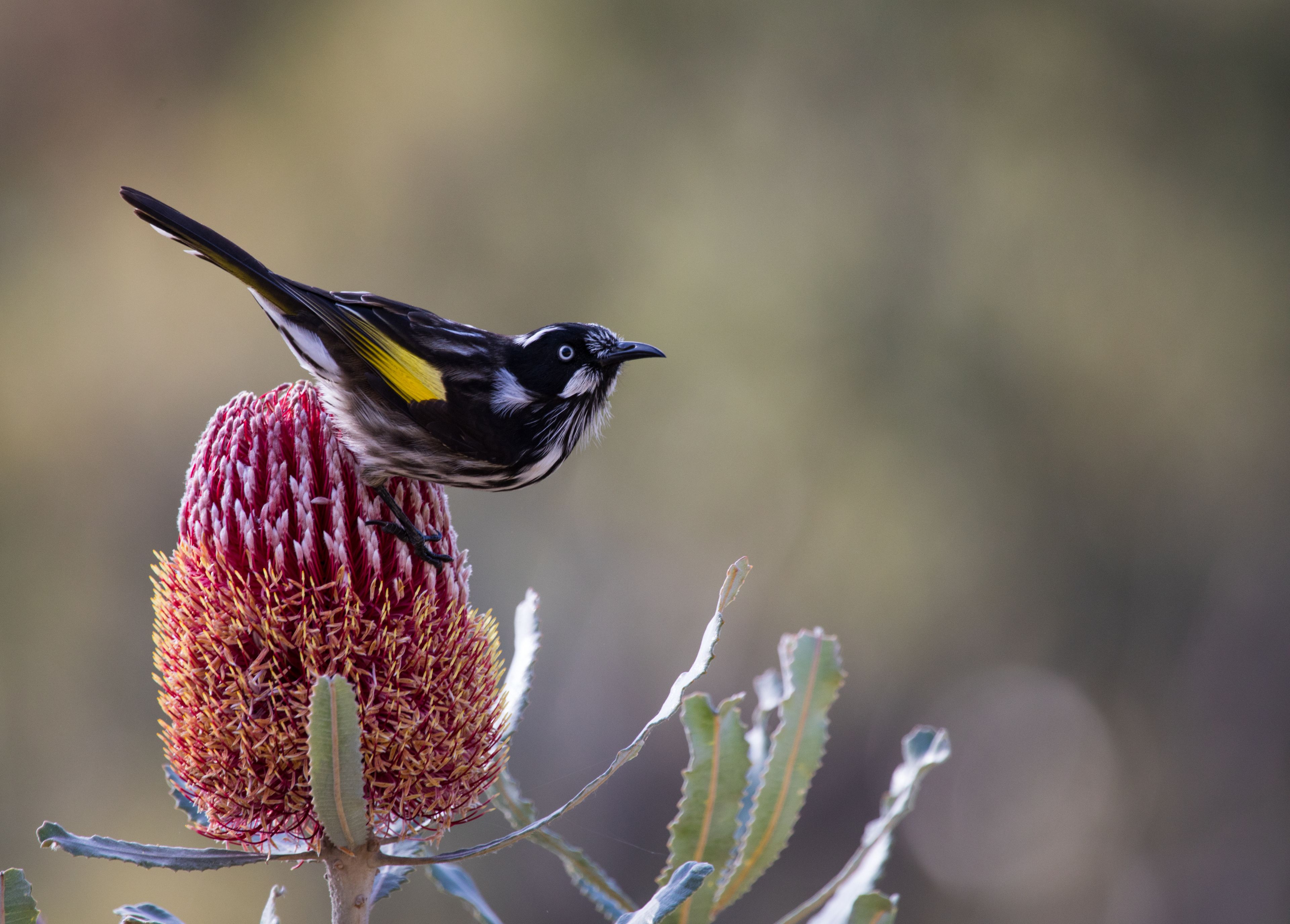
Doctor Abbey MacDonald & Professor Melitta Hogarth
Doctor Abbey MacDonald is a Senior Lecturer in Arts Education at the University of Tasmania. She is seconded to ...
Now more than ever and stronger than ever
Since 2011, the last week of May and first week of June set the scene for an important fortnight of teaching and learning opportunities for educators across the country.
The last week of May is UNESCO International Arts Education Week - 20-26 May 2024.
In 2010, the Second World Conference on Arts Education was held in Seoul, South Korea. This proved to be an incredibly important event for bringing together a critical mass of educators across all artforms to galvanise global efforts to advocate for arts education.
Following the success of this event, the 36th session of the United Nations Educational, Scientific and Cultural Organisation's (UNESCO) General Conference in 2011 declared the 4th week of May as International Arts Education Week.
In 2022, Audrey Azoulay, the Director-General of UNESCO described the imperative of International Arts Education week:
In thinking further about the value, purpose and opportunities inherent to the arts, Audrey Azoulay reminds us:
The Arts: Preaching to (and from!) the choir, while reaching and creating new audiences
Over at least the past decade, the groundswell of global arts education research has converged the diverse, deep and wide ranging impacts, outcomes and benefits of an arts rich education. Despite the critical mass of validated evidence supporting this, educators and arts industry professionals can still find themselves in situations that require them to justify and advocate for the arts.
In Australia, the National Advocates for Art Education (NAAE) have curated a selection of publications containing research evidence pointing to the range of impacts that participating in the arts can have on and beyond students’ academic success and learning. The research referred to there is largely specific to the Australian context, and it is important to remember it is indicative of the available evidence, rather than exhaustive. The reality is that the research evidence for the imperative of arts education continues to grow globally.
Should you find yourself in a position where you’re engaging new (or reticent) audiences who are unfamiliar with (or averse to) the evidence base for the value, purpose and opportunities inherent to arts education, you might find NAAE’s curated evidence and research useful.
Connecting Reconciliation Week and UNESCO International Arts Education Week
The first week of June is National Reconciliation Week in Aus (27 -3rd June)
Aboriginal and Torres Strait art, artists and performers have always played an important role in National Reconciliation Week.
Each year, the NRW annual themes, communications and advocacy campaigns, posters and resources seamlessly activate art and culture in sophisticated and interconnected ways.
National Reconciliation Week engages a breadth of artforms in their education and advocacy initiatives. For example and further to visual art, this week calls for singers across the country to come together in song.
The calendar of events for NRW 2024 grows by the day with educative and arts rich opportunities that invite our further engagement with Aboriginal and Torres Strait Islander art and artists, performances and performers.
National Reconciliation week brings a pressing message and generous invitation to engage with the arts as a powerful context for teaching and learning.
The proximity of these two weeks’ coexistence started in 2011. First came the national imperative for Reconciliation, then came the International advocacy for Arts education as a key enabler of learning and teaching for truth, social cohesion and reconciliation. Now more than ever, stronger than ever - the imperative to hear and heed the call is before us.
Draw a line with, for and through Arts Education
This year’s theme for International Arts Education week plays with the notion of ‘line’. The World Alliance for Arts Education is calling for the global arts education community to draw, play, story and sing a line that reflects the value and ambitions of arts education in your community.
What thinking does the line conjure in relation to the strength, continuity and longevity of the arts?
What of the delineated edges and connective threads that define and entwine arts and culture?
What of the ways in which the arts can move us and mend us?
Now more than ever, stronger than ever - How might we collectively rise to the occasion this International Arts Education Week and National Reconciliation Week?
Coming to know, hear and understand with lines and threads of Aboriginal and Torres Strait Islander art, advocacy and activism
Let’s think about these two weeks in relation to one another, and the fortnight of teaching and learning opportunities before us. What might we do to come together and contribute from wherever we are at; whether this is making a start or deepening something significant already underway in our classrooms.
What if the lines we play, make, draw and explore became a thread to connect International Arts Education Week and National Reconciliation Week? What if that thread wasn’t cut short at the end of the week, and instead extended across the fortnight? Where could we weave it into further learning experiences that deepen understandings, consolidate skills and build mindsets that can lead us to reconciled futures?
Can you imagine what this foundation fortnight of deep engagement with Aboriginal and Torres Strait Islander arts will set you up to explore next? If you can’t, what better time to try? If you can, what better cause and context to take it further than ever before.
Together – now more than ever, and stronger than ever - these two weeks invite us to bridge and traverse the arts, advocacy and activism in our teaching and learning.
